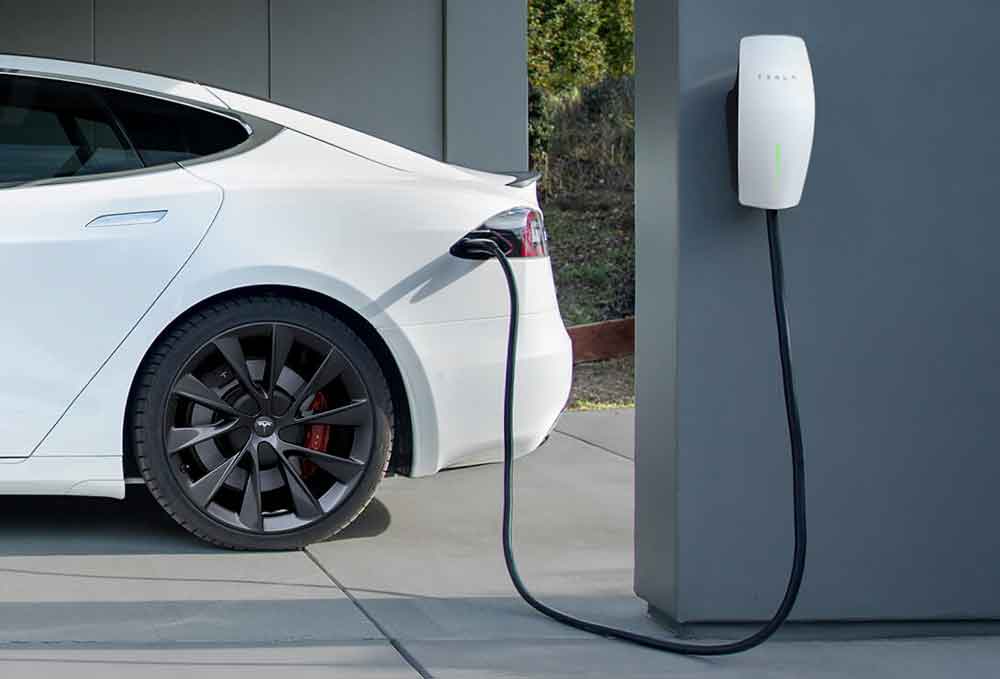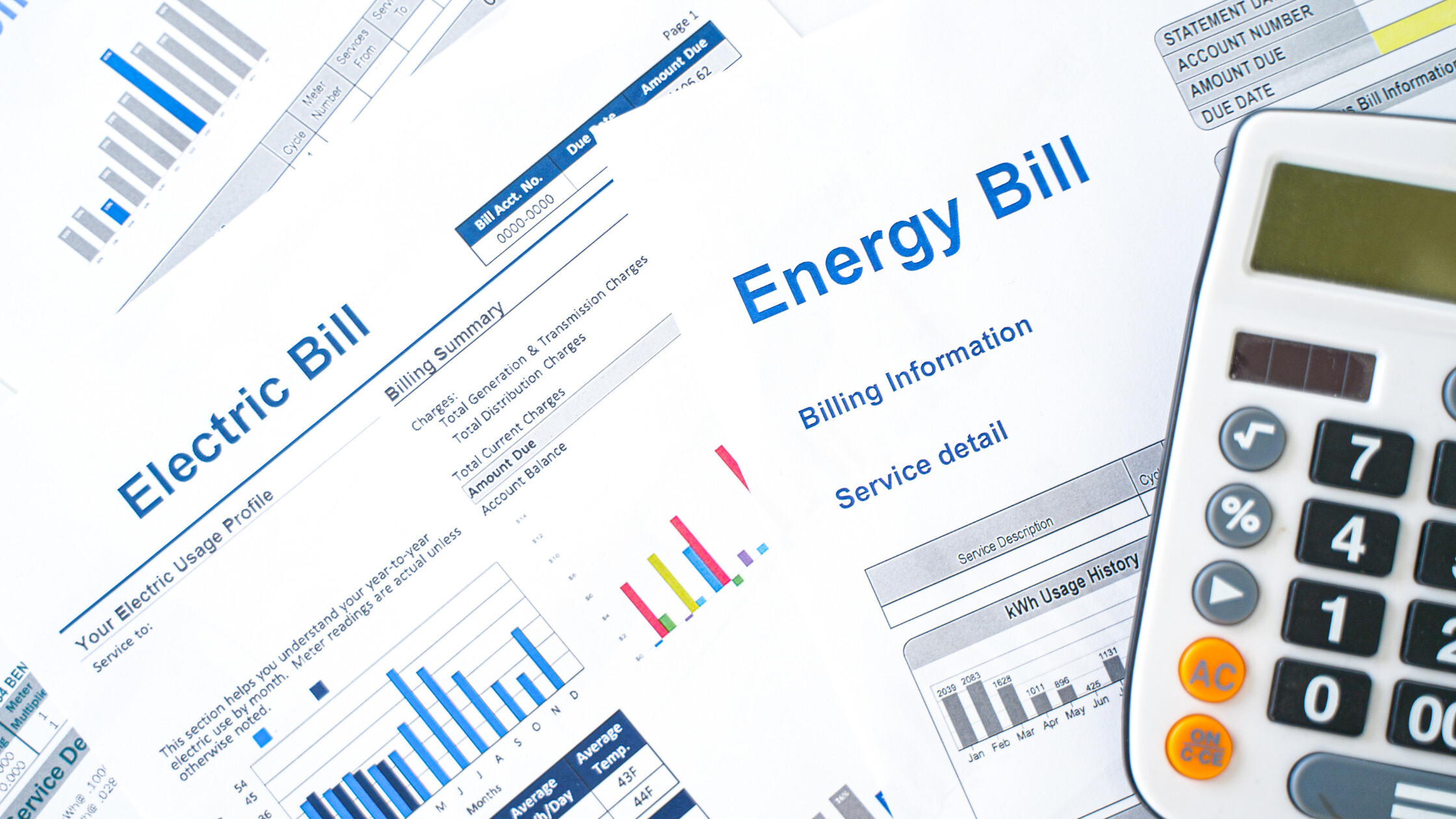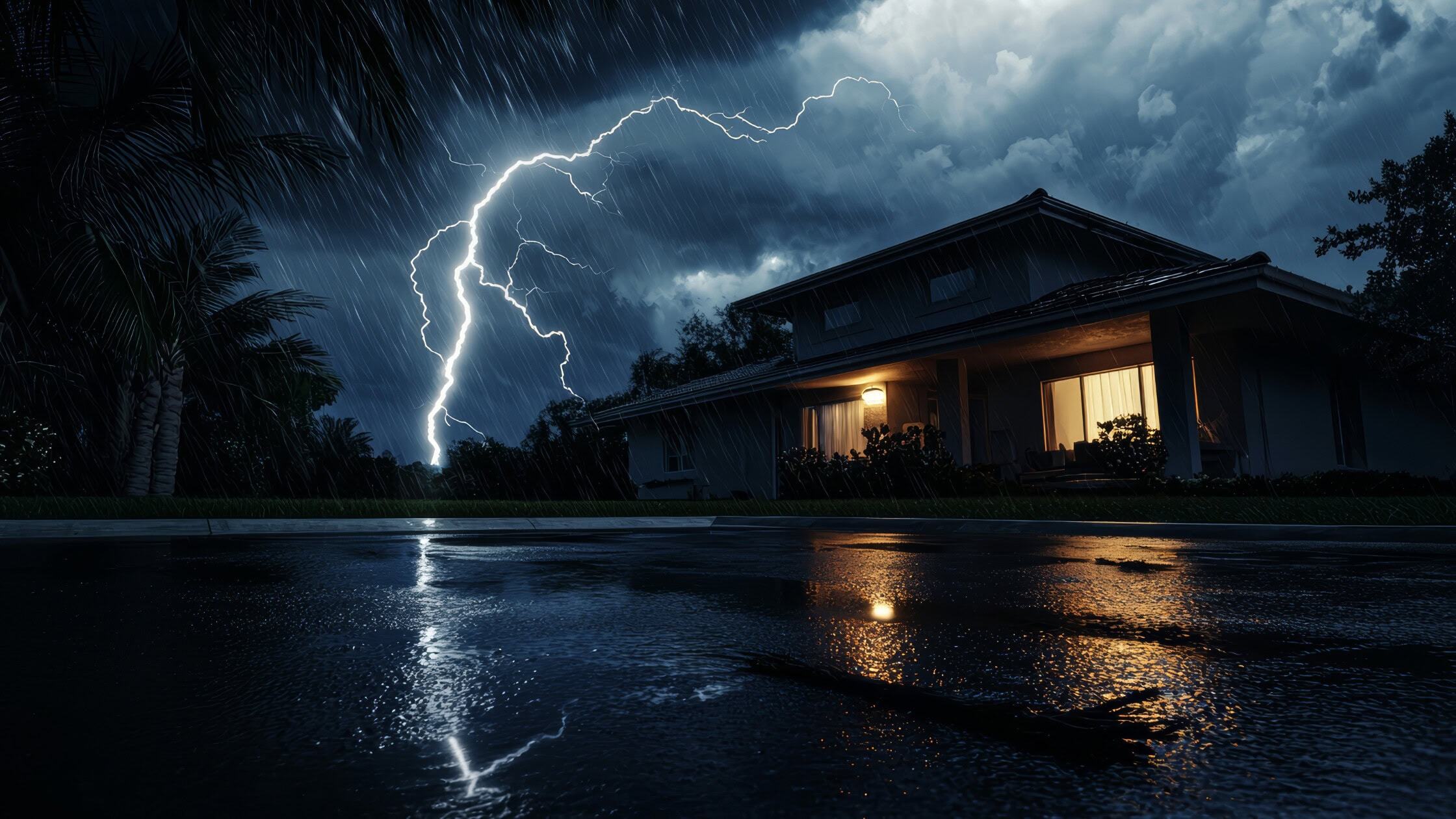Tagged as: Costs, Energy-efficient lighting, TECO
If you’re a homeowner in Hillsborough County, brace yourself: TECO’s residential electric rates are going up starting January 2026—and it won’t be a one-time bump....

As electric vehicles (EVs) become increasingly popular, more homeowners are considering the installation of home charging stations. The convenience of charging your EV at home can’t be overstated, but before you get started, there’s an important decision to make: Should you go with a hardwired or plug-in EV charger? Both options have their advantages, and understanding the differences can help you choose the best fit for your home and lifestyle.
What Is a Hardwired EV Charger?
A hardwired EV charger is permanently installed into your home’s electrical system. It’s connected directly to your home’s wiring, typically requiring a professional electrician for installation. Once installed, the charger is fixed in place and ready for use at any time.
Pros of Hardwired EV Chargers:
Higher Power Output: Hardwired chargers can often deliver higher amperage, allowing for faster charging times. This is especially beneficial if your EV has a larger battery or if you need to recharge quickly.
Durability: Since they are permanently installed, hardwired chargers are generally more durable and less prone to wear and tear compared to plug-in models.
Aesthetics: With no visible cords or plugs, hardwired chargers often offer a cleaner, more streamlined appearance.
Security: Because they are fixed in place, there’s less risk of theft or tampering with a hardwired charger.
Cons of Hardwired EV Chargers:
Installation Costs: The installation of a hardwired charger can be more expensive, requiring a licensed electrician and potentially even upgrades to your home’s electrical panel.
Lack of Portability: If you move homes, taking your hardwired charger with you can be a challenge. You’d need to uninstall it and possibly install a new one in your new home.
Flexibility: Once installed, the location of a hardwired charger is fixed, so you can’t easily move it if you decide to rearrange your garage or driveway setup.
What Is a Plug-In EV Charger?
A plug-in EV charger is a more flexible option that plugs into a standard or upgraded outlet. These chargers can be easily installed by simply plugging them into the appropriate outlet, and they can be unplugged and moved if necessary.
Pros of Plug-In EV Chargers:
Ease of Installation: Plug-in chargers are generally easier and less expensive to install. For Level 2 chargers, you may need a 240-volt outlet, but this is still simpler than a full hardwired installation.
Portability: If you move, you can easily take your plug-in charger with you. This makes it a great option for renters or those who plan to relocate.
Flexibility: Because they can be unplugged and moved, plug-in chargers offer greater flexibility. If you rearrange your garage or purchase a second EV, you can easily reposition the charger to suit your needs.
Cons of Plug-In EV Chargers:
Lower Power Output: Plug-in chargers might offer lower power compared to hardwired options, which can result in longer charging times. This is particularly true if you’re using a standard 120-volt outlet rather than a 240-volt outlet.
Wear and Tear: Plugging and unplugging the charger regularly can lead to wear and tear on both the charger and the outlet.
Aesthetics and Security: Plug-in chargers may look less tidy than hardwired versions, with visible cords and plugs. Additionally, since they are not permanently fixed, there’s a slightly higher risk of theft or tampering.
The choice between a hardwired and plug-in EV charger depends largely on your individual needs and circumstances. If you prioritize faster charging, a more permanent setup, and a clean aesthetic, a hardwired charger might be the best choice. However, if you value flexibility, ease of installation, and the ability to take your charger with you when you move, a plug-in charger could be the way to go.
Ultimately, both options can effectively charge your EV at home. Consider your current and future needs, budget, and installation environment when making your decision. And remember, whether you choose hardwired or plug-in, having a home charging station is a step toward making your EV ownership experience even more convenient and enjoyable.
If you’re unsure about which option to choose or need help with installation, consulting a licensed electrician can provide you with the guidance you need to make the right decision for your home.


